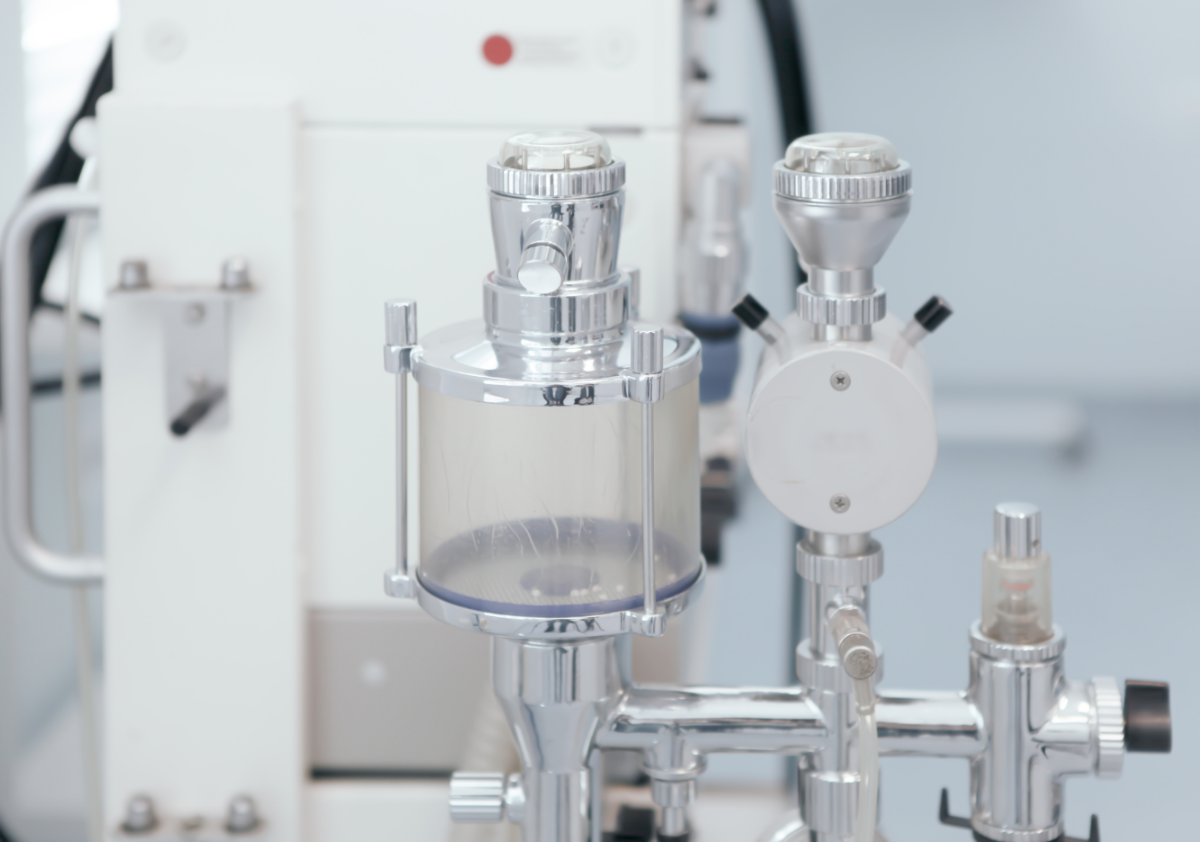As news of the COVID-19 pandemic dominates the airwaves, most of us are trying to do whatever we can to mitigate our risk. You’re washing your hands, disinfecting surfaces, and wearing masks while out of the house. No one likes to think they could end up hospitalized, but the possibility is there. That’s why you might be interested to know that a recent study has found that keeping on top of your dental care may reduce your chances of ventilator-associated pneumonia.
What is Ventilator-Associated Pneumonia (VAP)?
Ventilator-associated pneumonia, or VAP for short, is a hospital-acquired infection. These are infections that manifest as a side-effect of treatment one may receive at a hospital. Central lines can introduce bacteria into the bloodstream, catheters can cause urinary tract infections, and ventilators can cause pneumonia. As COVID-19 started to make headlines back in March, there was a lot of mention surrounding the number of people requiring mechanical ventilation as part of their treatment. It is said that between 10-20% of people who need mechanical ventilation for more than 48 hours will become affected by VAP.
Mechanical ventilation is achieved by inserting a tube into the airway through the mouth. The tube travels past the trachea and into the lungs. As it makes its way through the mouth and down into the lungs, it can pick up bacteria present in the mouth and push it down into the lungs. The tube itself also compromises the body’s natural defense against these bacteria by upsetting the healthy balance of the oral cavity’s microbiome. This can cause bacteria to multiply in the lungs, causing pneumonia very quickly.
Oral Health and VAP
Scientists aimed to take a closer look at the correlation between oral health and VAP. They examined the medical data of 9,279 Medicaid patients put on a ventilator between 2016-2018. Each of these patients relied on mechanical ventilation for at least 48 hours or longer. The study found that 14%, or 1,284 of these patients, developed ventilator-associated pneumonia.
Following the logic that VAP usually develops from oral bacteria, scientists cross-referenced past preventative dental care visits with patients participating in the study. What they found is that patients who had visited the dentist for preventive care at least once over the past three years had a 22% less chance of developing VAP than those who had not.
This fact further solidifies the theory that oral health is imperative to the body’s overall healthy function. Bacteria that remain on the teeth hardens into plaque, which can also turn into tartar, which can only be removed by a dental professional. Brushing and flossing, coupled with visits to your dentist for routine examinations and cleanings, significantly reduce the number of unhealthy bacteria on the tooth’s surface. By not allowing bacteria to accumulate on the surface of the teeth, there is less of a chance that pathogens will get pushed down into the lungs upon intubation.
Additional Findings
The study also brought to light other disparities, finding that 39% of African Americans were more likely to develop VAP than white people. Comorbidities also played a role in VAP risk. It was found that patients with even one comorbidity saw their risk of developing VAP increase by 73%, and if they had two, it shot up to a 93% increase. Tie these findings back to the fact that coronavirus has hit low-income communities and people of color harder than others. These same people also suffer from poor health care, including oral health. In fact, African Americans are 68% more likely to have dental issues that they have not addressed compared to white Americans.
What Can Be Done?
The study emphasizes that if an increase of quality health and dental care in high-risk communities can be achieved, the number of positive patient outcomes would rise as well. Scientists concluded that three things should happen to reduce the incidence of VAP.
- Promote the benefits of oral health care and put programs into place that encourage positive movement in high-risk communities.
- Anticipate those who are at greater risk of developing VAP and pay extra attention to their oral health.
- Implement oral care for patients during mechanical ventilation to prevent other bacteria from entering the system.
Anything that can be done to maintain your oral health should be a top priority. Daily brushing and flossing take less than 10 minutes each day and goes a long way to staying healthy. Be sure to visit your dentist twice a year for cleanings and an oral exam. The consequences of not doing so can be more than you bargained for. Contact us today to set up your appointment!
